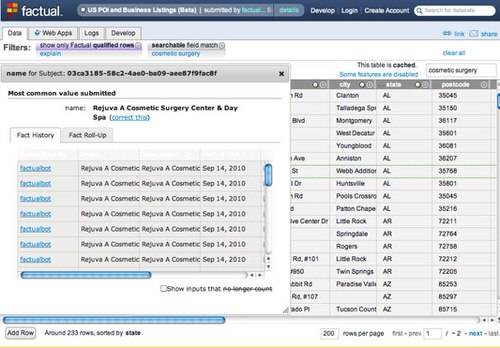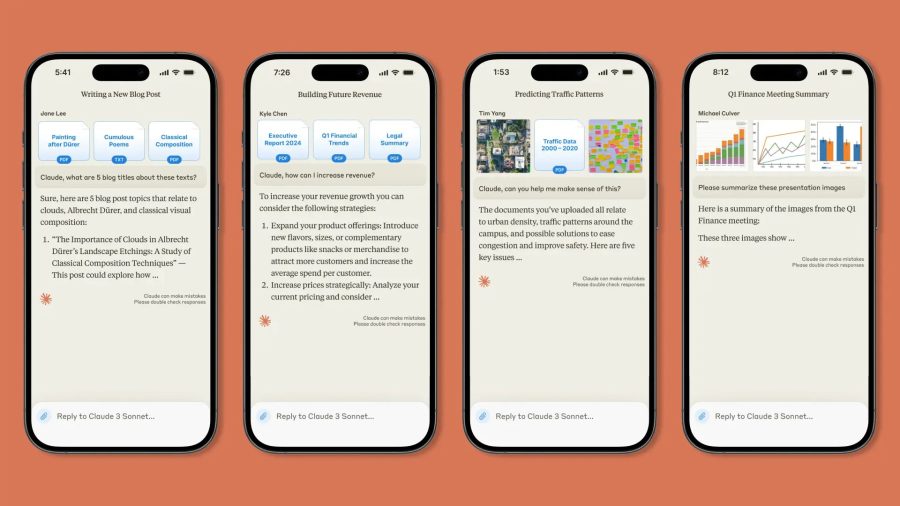Imagine an online community that combines user contributions, editing and fact checking like Wikipedia, with automated data extraction like Google and complex artificial intelligence to create a rich description of the world around us that is continually refined over time. That’s what well-backed data startup Factual is aiming to create and every time I learn more about it, I fantasize about getting in and contributing to that community just like early contributors to Wikipedia did.

While Wikipedia is a huge destination site, however, Factual is a data service that will be used as a platform by other sites that want to borrow the data it has captured and refined about places, people and things in the real world. Founder Gil Elbaz, one of the inventors of the technology that became Google’s advertising platform and the leader who raised money from red hot investors Andreesen Horowitz for Factual, did a fascinating interview with GPS Business News this morning where we learned more about the technology behind his site.
Elbaz tells interviewer Ludovic Privat that any partner site or individual can submit a data set, a data point or an opinion about a data point.
“So if you go to one of our tables and double click into a cell, you’ll find a rich history of opinions about what, for example, is the right phone number for a business. Then it’s our job to examine all these opinions and look for some sort of consensus or pattern that leads us to believe that one of them is right and one is wrong.
“The job of cleaning this data, looking for spammy submissions, analyzing the sources or users that are submitting this data and then trying to boil it down into the right answer requires a lot of technology…It also comes from a sophisticated machine-learning stack that can leverage a significant proportion of the web and use various natural language technologies to structure unstructured or semi-structured data that’s on the web and pull facts from the web to validate them.
“It is a living, breathing database in the sense that our partners and end-users can access our write-to API and correct things in the database in real-time and our developers have real-time access to these corrections.”
Elbaz says the company is incentivizing partners to participate in the refinement of the data, including through a program where users of the data can opt-in to sharing any improvements they make back with Factual. The company announced partnerships with Facebook Places and the wildly popular social game MyTown by Booyah, earlier this month.

We first wrote about Factual in September and I’ve been excited about it ever since. The company’s location data seems to be getting good reviews from data consumers, but there are clearly sets that need cleaning up, too.
Have you spent any time on Factual? What’s your assessment of the site’s viability? The company has assembled a very strong team, but it’s in a crowded market, too. If it can build a community of human editors, business users willing to write-back changes to its data set and strong technology to do the bulk of the heavy lifting and judgement calls on credibility, we may find the web using Factual to describe the world much like users use Wikipedia today to discuss and learn about it. That would be an exciting platform.









